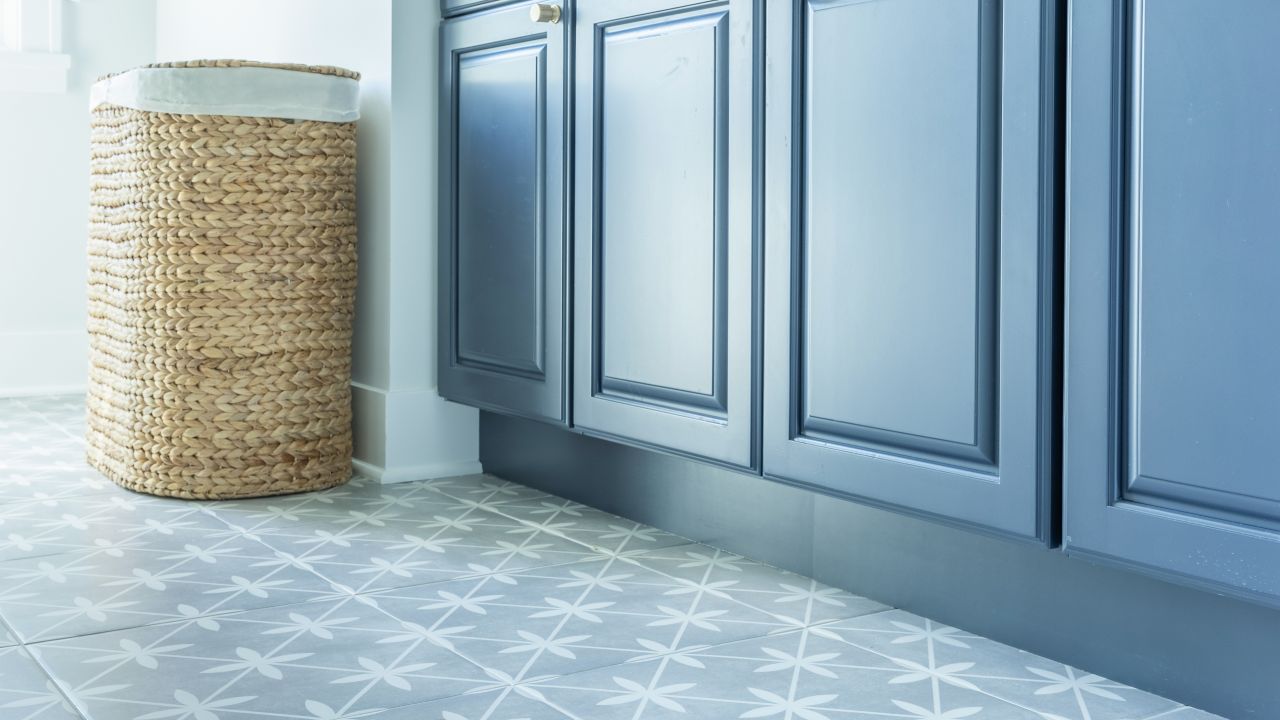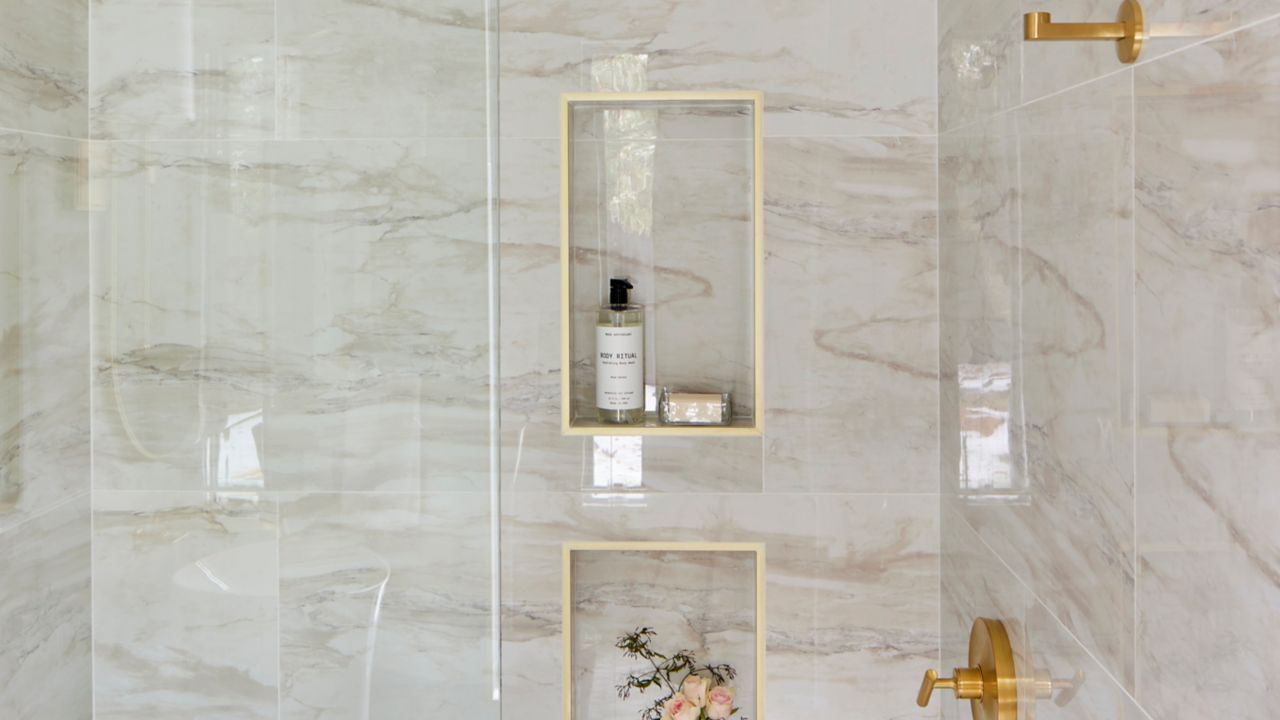How to Clean Porcelain Tile
Cleaning porcelain tile is generally a straightforward process. However, the approach you take depends on what conditions your tile surfaces are exposed to and how deep of a clean you need. In this article, we’ll take a look at how to clean porcelain tile floors and porcelain tile showers, as well as answer some common questions about porcelain tile care.
What You'll Need
- Broom or vacuum
- Mop
- Sponge or soft-bristled brush
- Rubber gloves
- Specialized tile cleaner
- Vinegar (optional)
- Baking soda (optional)
- Clean, dry towel
How to Clean Porcelain Tile Floors
Step 1. Sweep or Vacuum
Start by sweeping or vacuuming your porcelain tiles to remove loose dirt, dust and debris. If you are sweeping, be sure to use a soft-bristle broom. If you are vacuuming, make sure not to use a beater bar, as this could scratch the tile.
Step 2. Scrub with Warm Water
To get any remaining dirt and dust off your porcelain tile, all you need is some water. Using either a soft mop or a sponge, go over the tile with warm water. There is no need to use soap, but mild soap will not hurt your tile.
Step 3. Use a Specialized Cleaner
For tougher cleaning jobs, you may want to use a specialized tile cleaning product. These products are formulated specifically for use on porcelain tile. Follow the manufacturer's instructions for how to mix the cleaner. Do not use abrasive cleaners, pads or brushes, as they can scratch the tile's glazed surface.
Although specialized tile cleaning products are gentle, it is still a good idea to wear rubber gloves when scrubbing your porcelain tiles.


